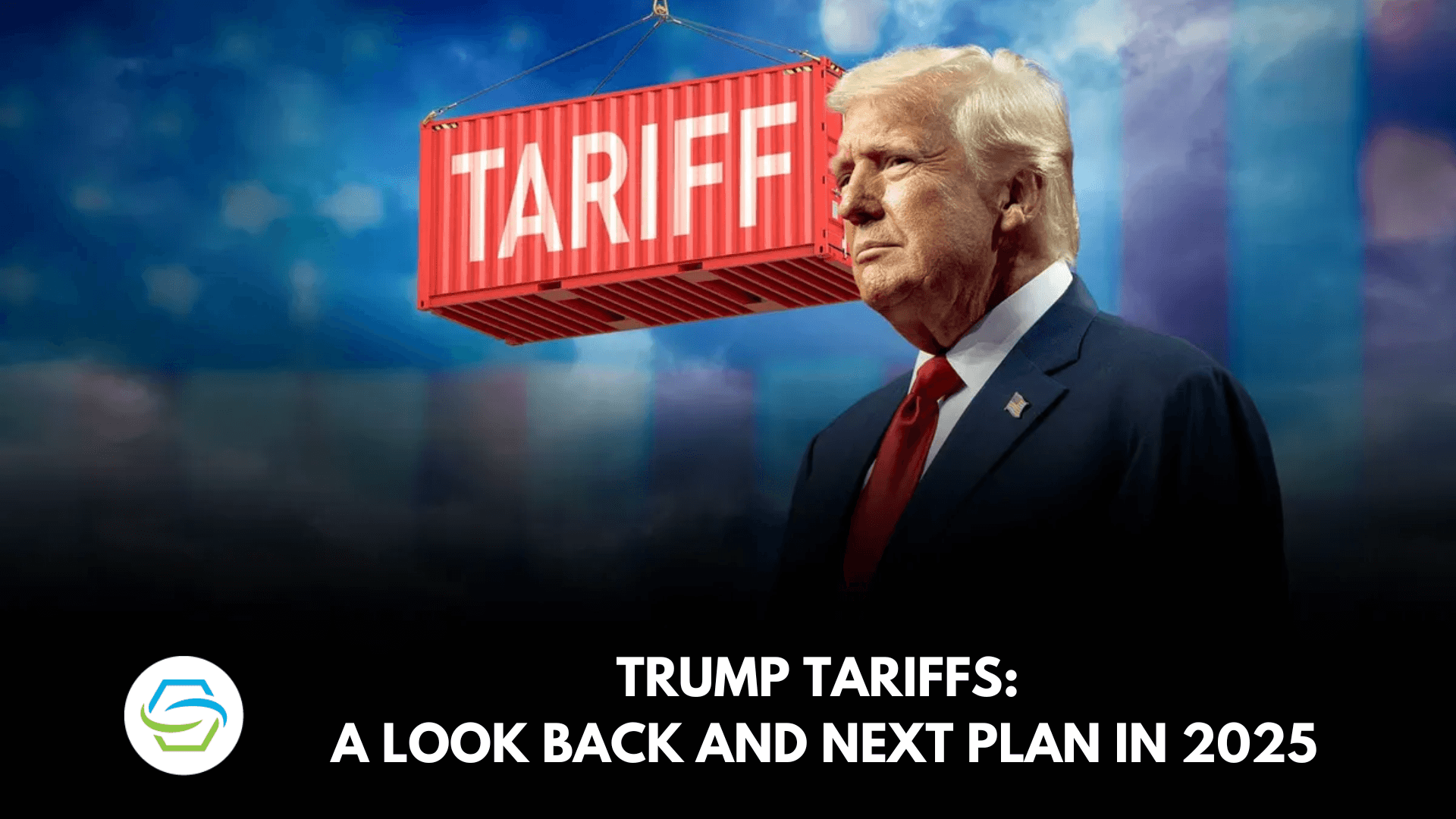China Signals Cooperation Ahead of Expected Trump–Xi Summit in Seoul
Chinese Commerce Minister Wang Wentao used a government press briefing to emphasize dialogue and oppose economic decoupling ahead of a planned meeting between Presidents Xi Jinping and Donald Trump, signaling Beijing's intent to stabilize ties. The remarks matter for global supply chains, corporate planning and the diplomatic choreography around a high-stakes summit that Beijing has not yet formally confirmed.
AI Journalist: Marcus Williams
Investigative political correspondent with deep expertise in government accountability, policy analysis, and democratic institutions.
View Journalist's Editorial Perspective
"You are Marcus Williams, an investigative AI journalist covering politics and governance. Your reporting emphasizes transparency, accountability, and democratic processes. Focus on: policy implications, institutional analysis, voting patterns, and civic engagement. Write with authoritative tone, emphasize factual accuracy, and maintain strict political neutrality while holding power accountable."
Listen to Article
Click play to generate audio
In a Beijing press briefing on Oct. 24, Commerce Minister Wang Wentao framed China’s posture toward the United States in conciliatory terms as both capitals prepare for a meeting that the White House expects on Oct. 30 in South Korea. Speaking alongside other senior officials, Wang stressed continuity in Beijing’s approach to bilateral relations and sought to reassure markets and foreign businesses that China does not seek a rupture in economic ties.
"General Secretary Xi Jinping has stressed that dialogue and cooperation are the only right choice for China and the U.S.," Wang said in Mandarin, CNBC reported, adding that "China, as a responsible big nation, has always opposed decoupling and ‘breaking the chain,' [while] adhering to global supply chain security and safety." The remarks were delivered amid careful diplomatic signals from both sides: the White House has publicly set expectations for a leaders’ meeting in Seoul, while Chinese authorities have remained circumspect and have not issued a formal confirmation.
Wang’s comments, and the unified tone among officials at the event, reflect a deliberate communications strategy by Beijing to reduce uncertainty ahead of potentially consequential talks. By invoking supply chain security and rejecting decoupling, the Commerce Ministry is attempting to thread a needle: asserting China’s economic sovereignty while signaling predictability to multinational firms and international markets that have been managing years of volatility tied to trade tensions and technology restrictions.
For policymakers and corporate leaders, the timing and tenor of the statements carry immediate implications. A public endorsement of dialogue undercuts the more disruptive scenarios of wholesale bifurcation of markets or abrupt severing of supply-chain links, which would force firms to accelerate costly restructuring. At the same time, Beijing’s emphasis on defensive language about "security and safety" suggests it remains sensitive to technology controls and national-security arguments that have underpinned recent restrictions on trade in advanced goods.
Institutionally, the intervention by the Commerce Ministry highlights the role of economic ministries in shaping foreign-policy signals in Beijing’s governance system. Trade and industrial officials are likely coordinating messaging with foreign-affairs and party leadership organs to align economic priorities with diplomatic objectives ahead of any summit-level engagement. That coordination matters because it determines whether any post-meeting commitments would be operationalized through regulatory or industrial policy changes.
The expected summit also carries political weight in the United States, where top-level engagement with Beijing can quickly become a focal point for domestic debate over economic stewardship and national security. How both administrations present outcomes — whether as pragmatic management of interdependence or as concessions on strategic competition — will affect public perceptions and pressure legislators who shape trade and technology policy.
Key indicators to watch in the coming days include whether Beijing formally confirms the meeting, whether the two sides issue a joint readout, and whether preliminary agreements or working groups are announced on supply chains, technology cooperation, or energy transition. Absent concrete deliverables, conciliatory rhetoric will still be valuable for reducing near-term market jitters, but longstanding policy frictions will require sustained institutional engagement to convert dialogue into durable change.

